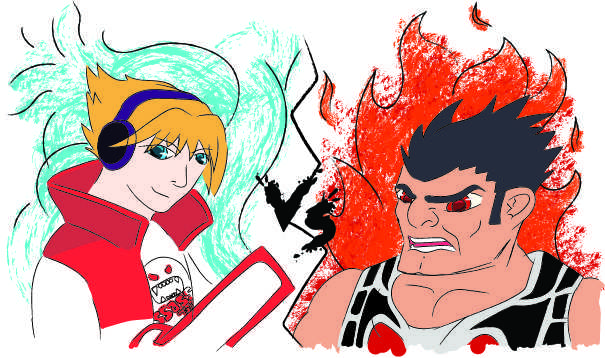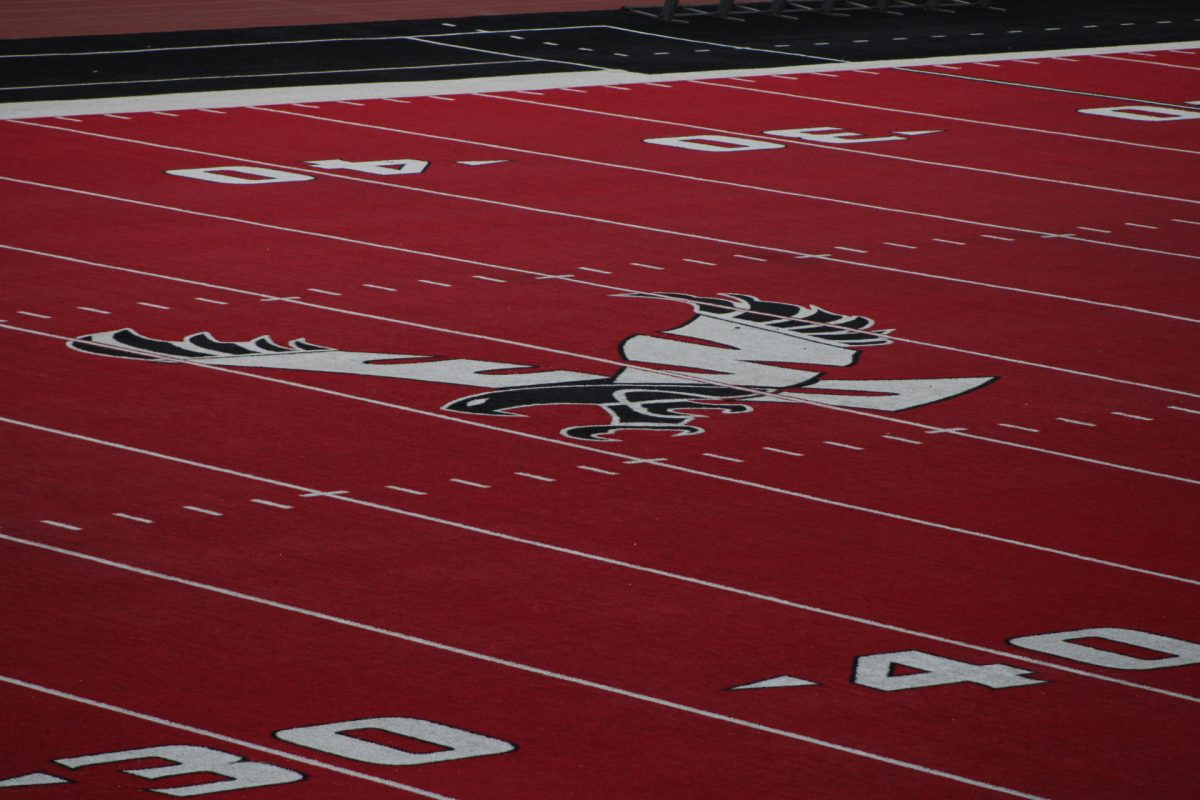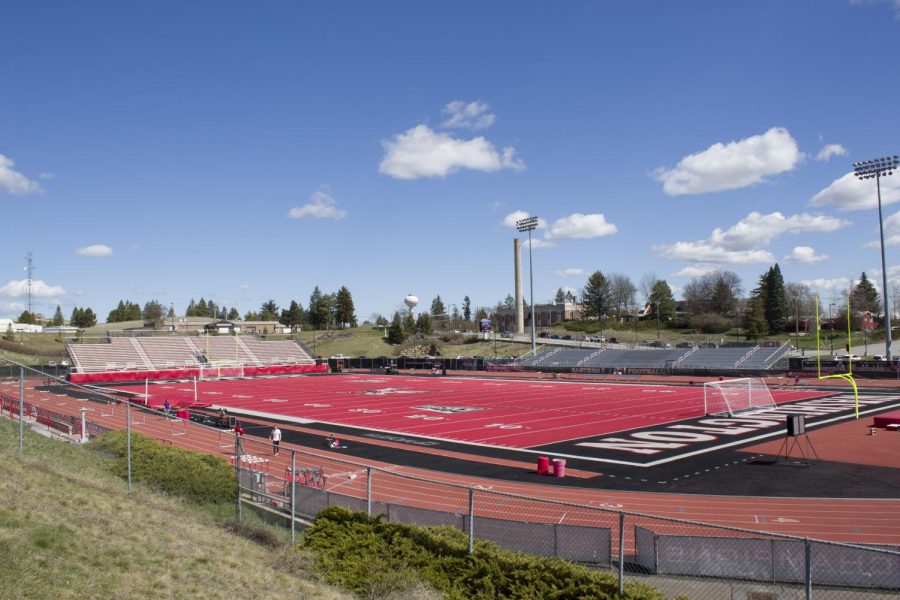Collegiate eSports need support
February 27, 2016
How long will it take for people to see that playing a game for money is the same whether it is a physical sport or a video game?
It seems that every time I mention eSports or professional gaming I get a sideways look or a scoff from passersby. Yet eSports tournaments are pulling in big-name sponsors such as Coca-Cola and are featured on ESPN — and prize pools for international eSports events are worth millions of dollars.
ESPN even has a page on its website solely dedicated to eSports. So why is there such a huge cultural barrier to the legitimacy of it?
I’m going to say right now that the only difference between playing a video game professionally and playing a sport professionally is the physicality of it. What both activities have is a group of players attempting to accomplish a predetermined goal within a set of rules against another group of competitors.
Both require strategy, skill and practice. The fact that some people think it’s silly to get paid to press buttons is ludicrous to me. Especially when I see the same people watching teams make millions of dollars to throw a ball.
If both are reduced to their basest forms, it shows people make a living doing things society considers leisure activities and it does seem silly. So why is one more accepted than the other?
The place I really want to see the legitimacy acknowledged is collegiate eSports. Where are our EWU eSports teams? Because if we had any, they could be competing for hundreds of thousands of dollars in prizes that only college students are eligible for.
Blizzard Entertainment, which makes the StarCraft series and “Heroes of the Storm”, and Riot Games, the maker of “League of Legends,” have realized they have platforms that, for the foreseeable future, people will want to play and watch at a professional level.
So they put money into improving their player base by investing in collegiate eSports and providing a future for the competitive scene.
Blizzard hosts tournaments through Texas e-Sports Association for “StarCraft II: Wings of Liberty” and “Heroes of the Storm” that pay out hundreds of thousands of dollars to college teams. The upcoming “Heroes of the Dorm” tournament will feature over $500,000 in scholarships and prizes that teams of eligible college students will be competing for.
Riot Games sponsors the University League of Legends program, where collegiate “League of Legends” clubs from around the country compete in weekly matches in order to qualify for playoffs in March.
So if there is support from the company, what we need now is involvement from the players and community, and help from the schools.
What I want to see is support at the university level. Official teams with tryouts and coaching that provide support, encouragement and training to students that could lead to a career after school. EWU senior Lynden Rothfork expressed interest in official involvement in eSports from EWU. “I believe it would be a great initiative by EWU to incorporate collegiate e-sports in their program,” said Rothfork. “This would not only benefit Eastern as being one of the forefront universities when developing e-sport athletes, but could benefit students to receiving better electronic equipment and electronic equipment support.”
College students are limited in their ability to participate in eSports because of the time commitment required. Not only is there the need to practice, teams must also keep up with the current strategies and outside information, or metagame.
EWU senior Bryan Smith said that he has seen college students not approaching eSports at a professional level because of the complications presented by school. “I feel like the college setting creates a sort of barrier in that student ‘eThletes’ have decided to go to school in order to follow another profession and as such don’t make the decision to jump to the eSports career. It’s even riskier than switching majors,” Smith said.
With official support and encouragement college players could perhaps feel safer in their pursuit of a professional gaming career. If not to become full time eSports players, to at least to have a shot at it and the experience of playing at a higher competitive level.
Student involvement is key to the implementation of collegiate eSports. We as students need to express a desire to the university that we want to see college-sponsored teams. We need to speak up and say we want to participate as a community to watch our teams play.
While attending EWU, alum Christian Ramirez said he would have liked the opportunity to play competitively within school and feels the structure may benefit students. “It opens up a great path through hard work and forming good habits such as training and so on,” he said. “I am personally bummed that Eastern doesn’t offer anything in the sort that can be pursued such as ‘League of Legends’ or ‘Heroes of the Storm.’”
The player base is here; the viewers are here; the money is here. All EWU eSports needs is a lot of involvement and investment, and next year, we could be watching a team of EWU students becoming eSports champions.








Spencer Fisher • Apr 4, 2016 at 1:50 pm
This should be a no-brainier. UW made it to the final 4 this year for League
Kurt Melcher • Feb 28, 2016 at 9:38 am
Agree! – https://www.youtube.com/watch?v=kcX11m1g3hs